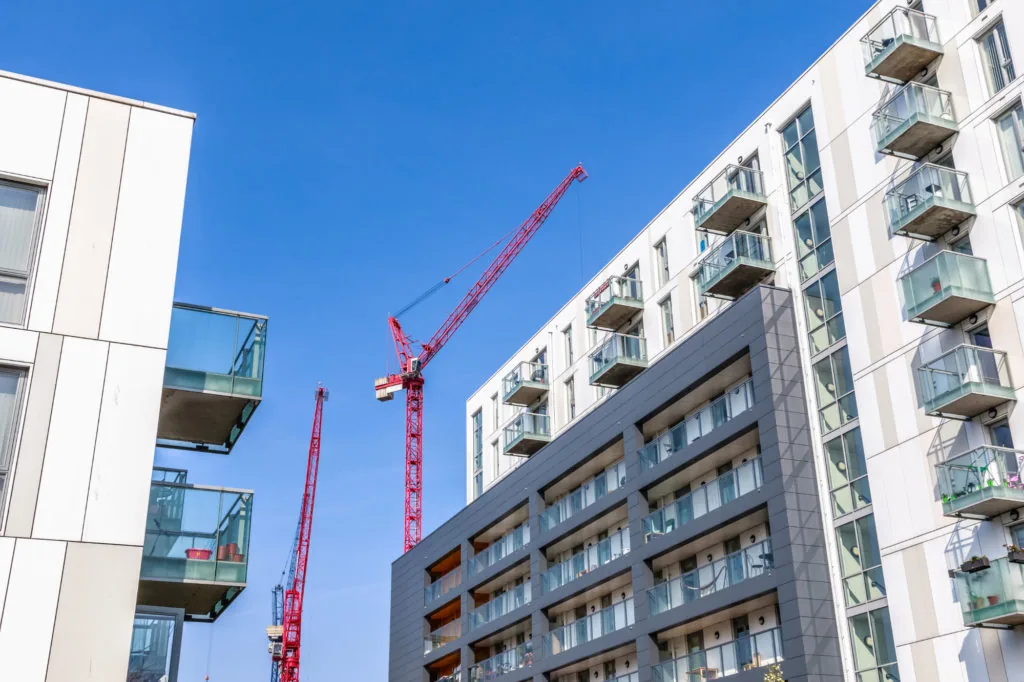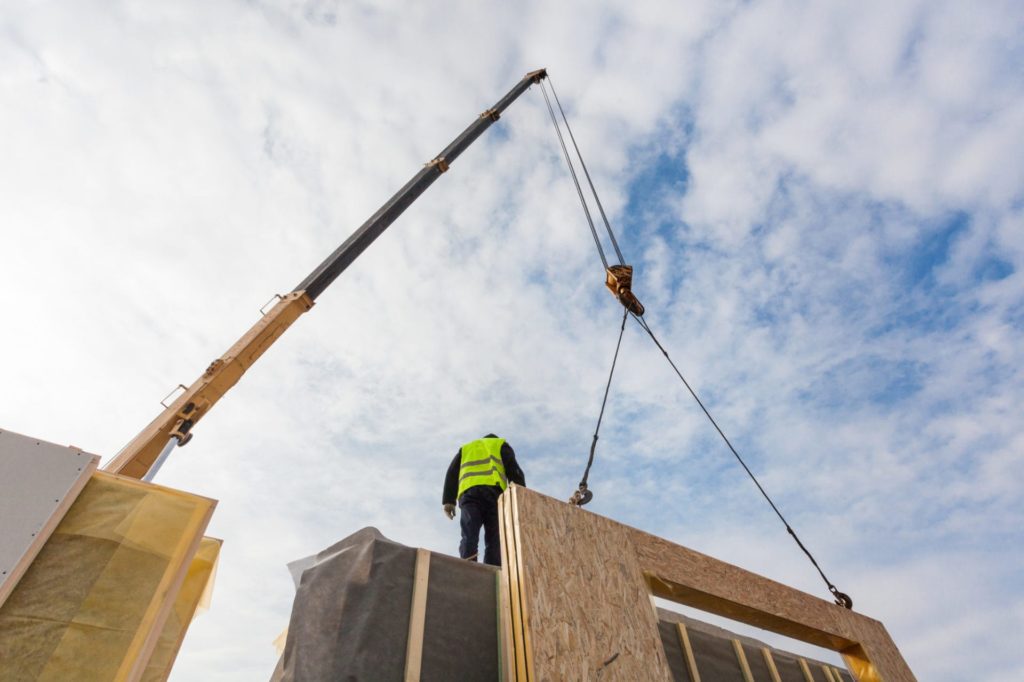
Forcing the issue – can a landlord be compelled to provide a landlord’s certificate under the Building Safety Act?


A landlord's certificate provides a leaseholder of a qualifying lease under the Building Safety Act 2022 (BSA) with certain specified information about remediation costs. The certificates are vital to a leaseholder who wants to sell their property.
Leaseholders may have assumed that, in the absence of an active landlord, the BSA would include a mechanism which a Court could use to force them to produce a landlord's certificate. However, this is not the case! In Will v G&O Properties LON/00AT/HYI/2022/0003, the First Tier Tribunal confirmed that it did not have the power to compel a landlord to provide a landlord's certificate. The Tribunal recognised this may be a drafting omission in the BSA.
Depending on circumstances, leaseholders can rely on the fact the landlord is deemed to have met the contribution condition (and so is responsible for the relevant defect) if it fails to provide the landlord's certificate within four weeks of a request. If these deeming provisions are activated, the landlord cannot recover any service charge relating to the relevant defect.
Unfortunately, this will not assist a leaseholder who wants to sell. In those circumstances, lenders will likely insist on a landlord's certificate as a condition of lending. Despite this first instance judgment on the point and many amendments to the BSA in secondary legislation, no change has been made to provide leaseholders with statutory recourse to the landlord. Failure to comply with the requirement to give a landlord's certificate could prevent all sales of leasehold interests in a relevant building. Contractual solutions may be hidden in the drafting of various leasehold arrangements but until judicial guidance is given on this aspect of the policy of the BSA and the drafting shortcomings are addressed, many conveyancers are refusing to act.










